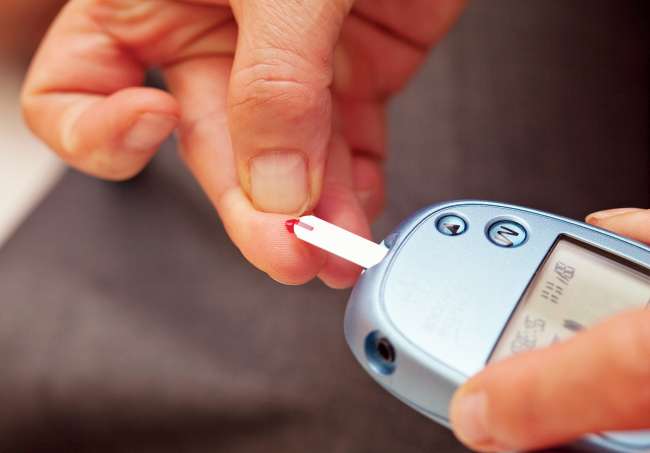Senior Reporter
FMCSA Takes a Step Closer to Removing Exemption Requirement for Diabetic Drivers

The Federal Motor Carrier Safety Administration has taken another step toward removal of a requirement that all drivers with insulin-treated diabetes seek a formal exemption to be allowed behind the wheel.
In a Federal Register announcement, FMCSA said it is seeking public comment on revisions to its 2015 proposed rule calling for eliminating the exemption requirement, and instead rely on decisions by medical examiners and treating physicians whether to grant diabetic drivers a one-year medical certificate.
In the July 27 announcement, the agency asked for public comment by Sept. 25 on the revisions following an evaluation of the proposed rule by the agency’s Medical Review Board.
FMCSA said that following the medical board’s evaluation, it is considering the use of an assessment form that would include a variety of information about a driver’s diabetes collected by the treating physician. The form would include information about insulin use, blood glucose monitoring, progressive eye diseases, and other relevant signs of possible complications, and would be passed on to the certified medical examiner administering a driver’s physical.
“Information used to determine and certify driver medical fitness must be collected for our highways to be safe,” the agency said. “FMCSA expects that 100% of drivers who are treated with insulin and intend to operate a commercial motor vehicle in interstate commerce will have the form completed by the treating physician.”
The agency said that the exemption process that has been in place since 2003 is both inconvenient and expensive, and no longer necessary. The current exemptions process calls for a medical examiner to automatically disqualify a driver with diabetes mellitus but send the driver to the agency for an exemption if the driver’s diabetes is stable and well-controlled.
The exemption process can take up to six months.
Diabetes mellitus is a disease in which the body is unable to maintain the normal function of insulin, a substance that controls glycemic levels in the blood. Diabetes presents a major health challenge, particularly those who drive CMVs in interstate commerce, FMCSA said.
The number of insulin-dependent diabetic interstate truck and bus drivers requesting exemptions allowing them to stay behind-the-wheel despite their disease is on the rise, increasing more than 67% from 2013 to 2015, according to agency statistics.
During the three-year period, the agency’s most recent data snapshot shows that the number of exemption applications by diabetic drivers has increased to 2,174 in 2015 from 1,298 in 2013.
Over the same period, the number of exemptions granted has more than doubled, and the approval rate by the agency increased to 52% of all applications from 39% — effectively allowing more insulin-dependent diabetic drivers on U.S. highways.
While doctors say many diabetics do a good job keeping their disease in check, an insulin-dependent diabetic can potentially experience double or blurry vision, tiredness of weakness, unclear thinking, shaking or trembling, fainting, seizures or comas — putting them at risk for crashes.
And when left untreated, the disease can, in the long term, lead to strokes, heart attacks, kidney failures, sleep apnea and eye disease.

